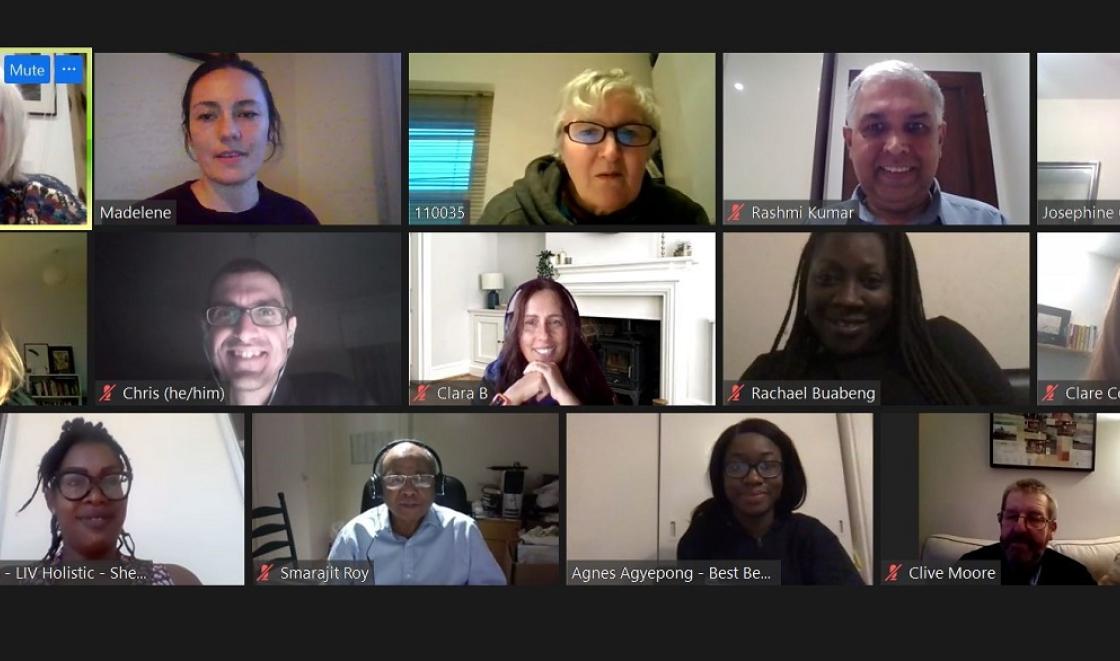The Panel was originally set up as a Covid Research Panel for the Public in January 2021, to enable greater participation from diverse communities in Covid research. It was set up because of widespread concern that the coronavirus pandemic and measures to tackle it were having a disproportionate effect on certain sections of the population who already experience considerable inequalities.
The Panel has now set out a broader remit to enable public involvement in all areas of the ARC’s research. Its objectives include:
- To help develop a broader model of patient/public involvement in research, grounded in principles of diversity and inclusion.
- To enable members from diverse communities to be involved in co-producing, co-evaluating and helping to develop key values for research as well as the delivery of services.
- Through working in partnership with ARC South London researchers, helping to build a community, diversity and participatory approach to research within the ARC and improve communication to bridge the gap between researchers and the subjects of their research.
Feedback from researchers who have presented to the panel in the first year from January 21 to January 22 includes:
‘It was very easy and a very rich discussion, no prompting required! The Panel also offered constructive challenge and practical suggestions for recruitment which was appreciated.’
‘The panel offered very constructive and helpful feedback.'
